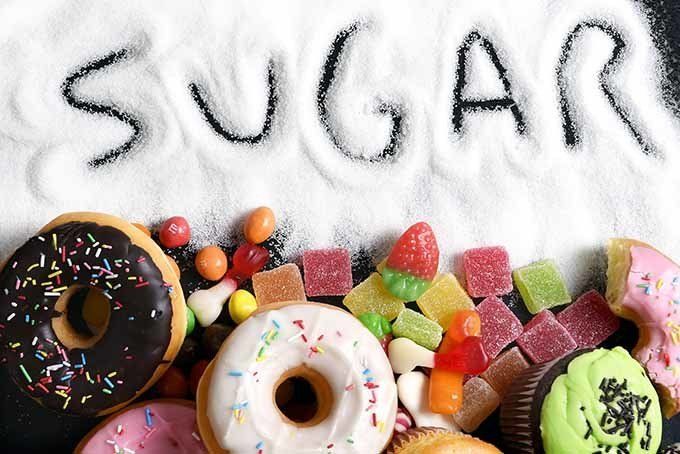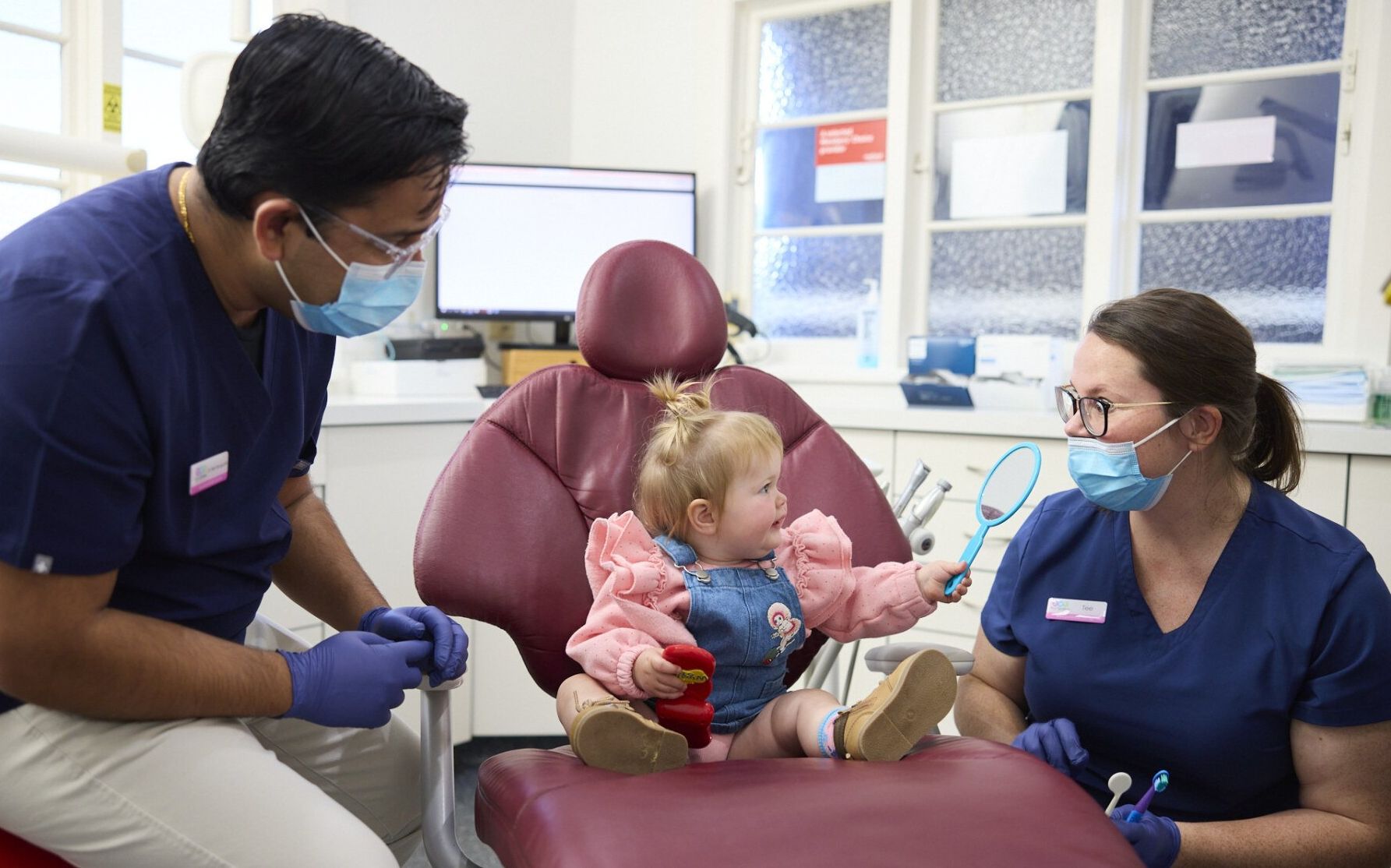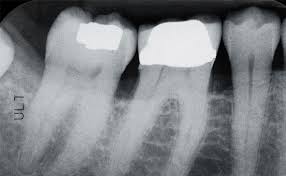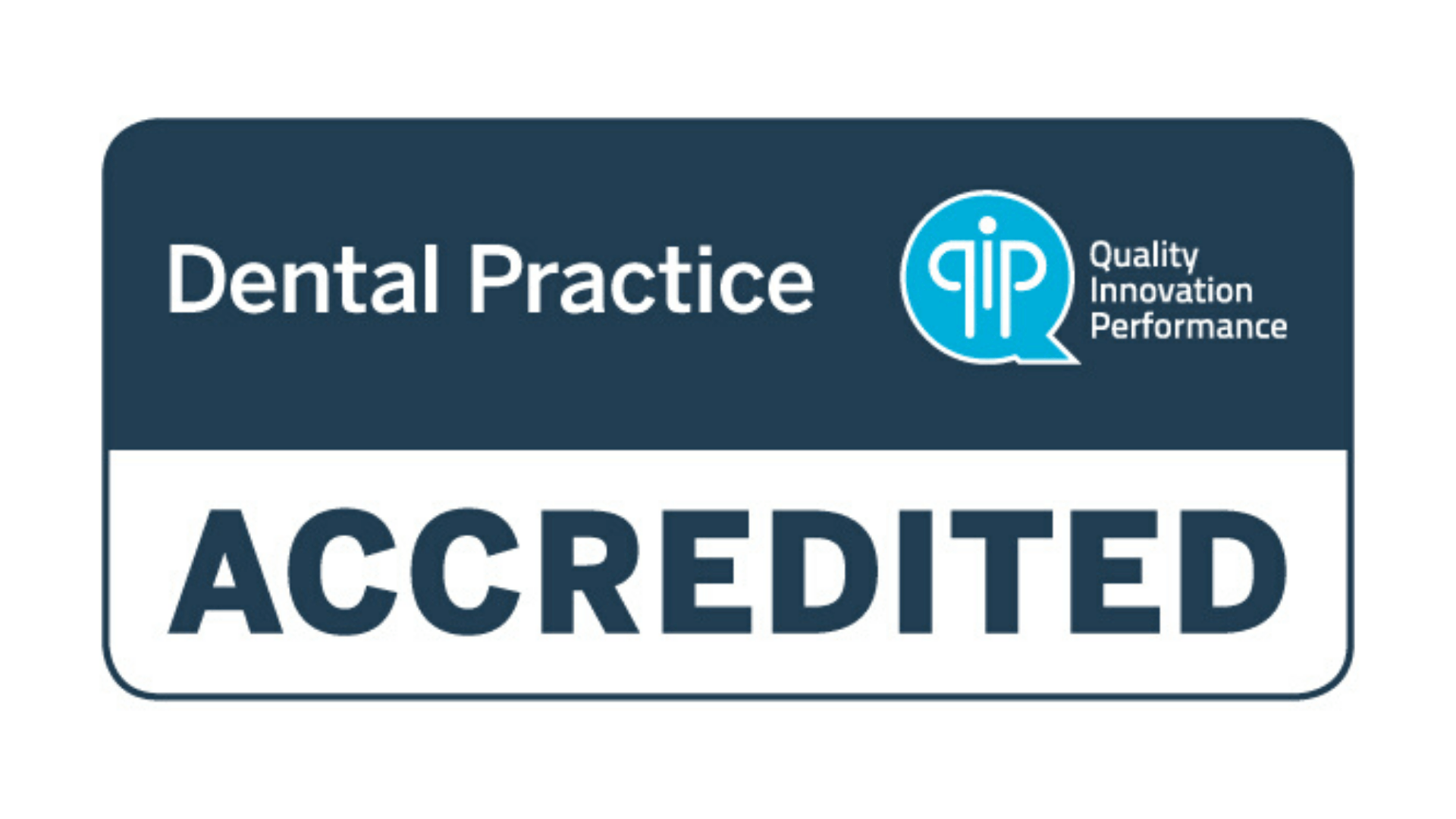Thinking Sugary Treats?
proadAccountId-381214 • February 7, 2020
Facts on Sugar Treats

Sugar occurs naturally in many foods, from fruit to dairy products, but it's added to a whole lot more.
Parents who are worried about their children having too much sugar in their diets should check food labels before they buy
and try to discourage unhealthy snacking habits, to help lower their risk of oral health and general health problems.
Sugar isn't always a bad thing. As a carbohydrate, it's a source of energy that helps to power the body. But as the amount of sugar consumed increases, its negative health effects can quickly overtake the positive.
Health authorities such as the World Health Organization advise that sugar intake should not exceed more than 10% of a person's daily energy intake. For someone with a healthy body mass index, this means about 50g or 12 teaspoons of sugar per day.
If you're concerned about how much sugar is present in packaged food, you should check the nutritional labels and compare products before you make a purchase.
Limiting sugary snacks and drinks can help to lower your risk of tooth decay, and substituting teeth-friendly snacks such as fresh fruit and vegetables, natural yoghurt and unsweetened dairy goods can help to strengthen your teeth against plaque.
You should also make sure to maintain good oral hygiene by brushing your teeth twice a day, flossing every day, drinking plenty of water (especially fluoridated tap water) and visiting the Port Smiles team for a regular checkup. Your dentist may recommend preventive treatments for children to help lower their risk of decay.
Sugar isn't always a bad thing. As a carbohydrate, it's a source of energy that helps to power the body. But as the amount of sugar consumed increases, its negative health effects can quickly overtake the positive.
Health authorities such as the World Health Organization advise that sugar intake should not exceed more than 10% of a person's daily energy intake. For someone with a healthy body mass index, this means about 50g or 12 teaspoons of sugar per day.
If you're concerned about how much sugar is present in packaged food, you should check the nutritional labels and compare products before you make a purchase.
Limiting sugary snacks and drinks can help to lower your risk of tooth decay, and substituting teeth-friendly snacks such as fresh fruit and vegetables, natural yoghurt and unsweetened dairy goods can help to strengthen your teeth against plaque.
You should also make sure to maintain good oral hygiene by brushing your teeth twice a day, flossing every day, drinking plenty of water (especially fluoridated tap water) and visiting the Port Smiles team for a regular checkup. Your dentist may recommend preventive treatments for children to help lower their risk of decay.
Do you need toothache treatment in Port Macquarie? Port Smiles Dental offers fast, expert care for dental pain, swelling, or infections—click here now.
Get fast relief with toothache treatment services at Port Smiles Dental, Port Macquarie. Call 02 6583 8868 to book your appointment today!

The ADA recommends that children should see a dentist when their first tooth appears or by their first birthday, whichever comes first. This visit is important to establish a dental home for your child and to ensure that their teeth are developing properly. Additionally, regular dental checkups are recommended every six months to maintain good oral health and prevent dental problems from developing. However, your child's dentist may recommend a different schedule based on their individual needs. It's important to consult with your child's dentist to determine the best schedule for their dental checkups. To find out more, call our friendly team or book online. We look forward to helping all mouths have a positive oral health experience.
In times of fractured tooth, what is the right thing to do? Port Smiles Dental shares quick useful tips in managing dental emergencies. Read more in our post.
Dental implants should be cared for like our natural teeth. PortSmiles Dental elaborates on the importance of keeping your implants healthy. See our post now.
Read how to stay your gums and teeth healthy during your pregnancy. Click here to read more information!
Are you aware that your overall health can be affected by the health of your gums? If not, give this informative post made by PortSmiles Dental a read now.






